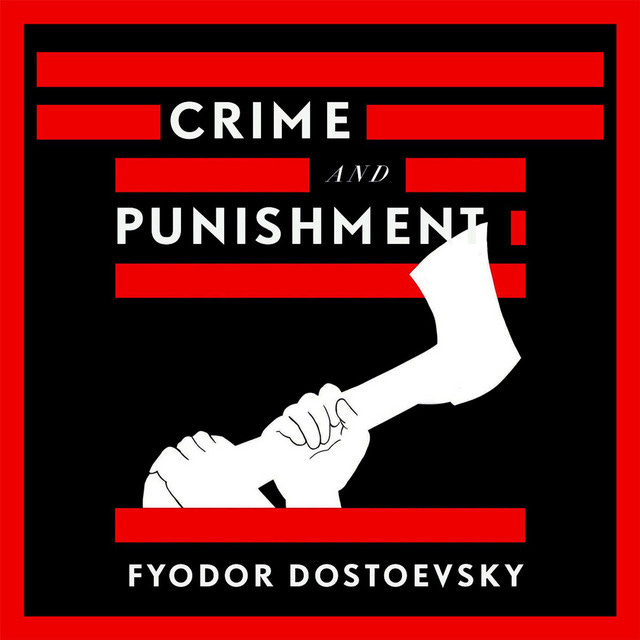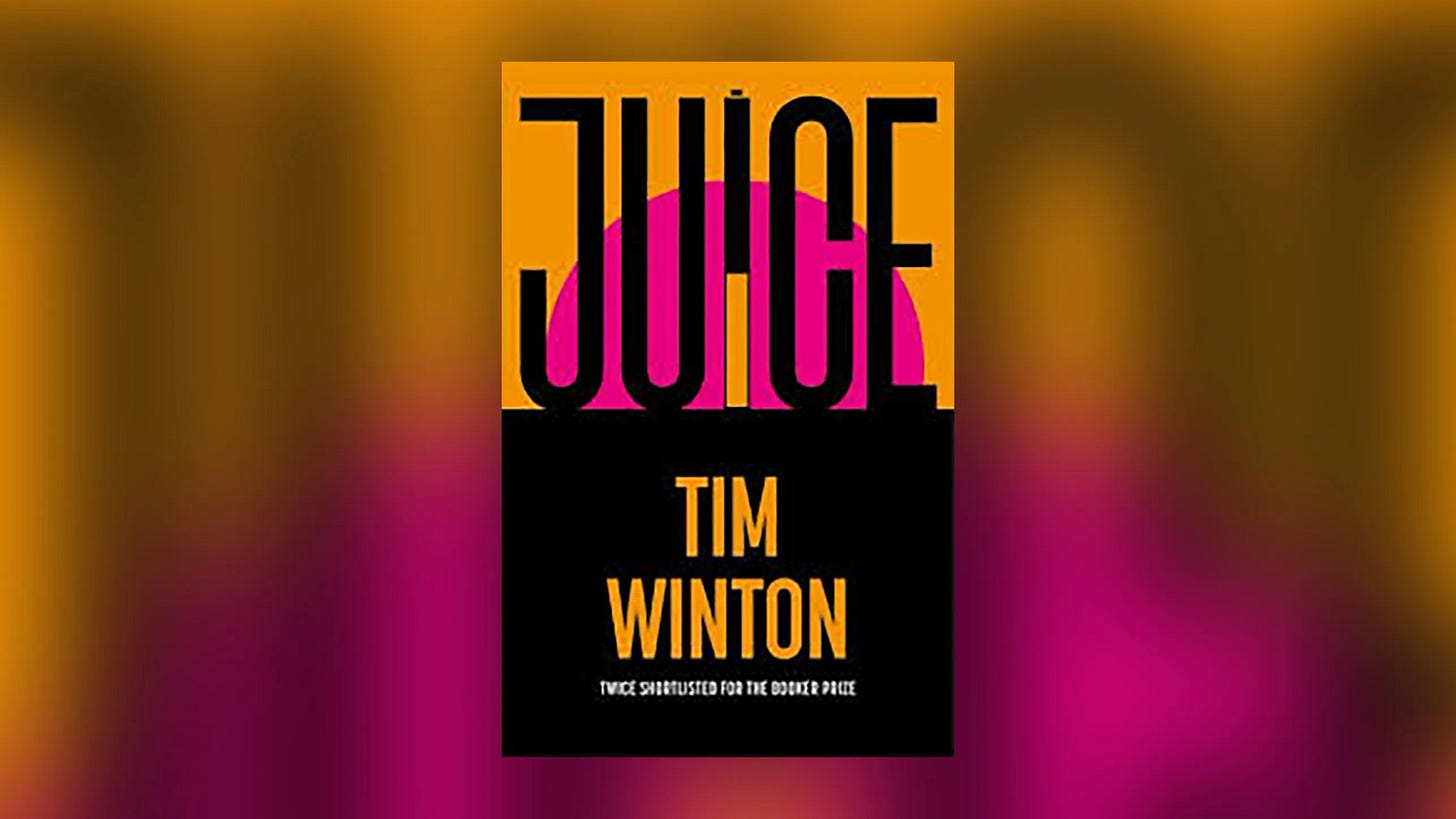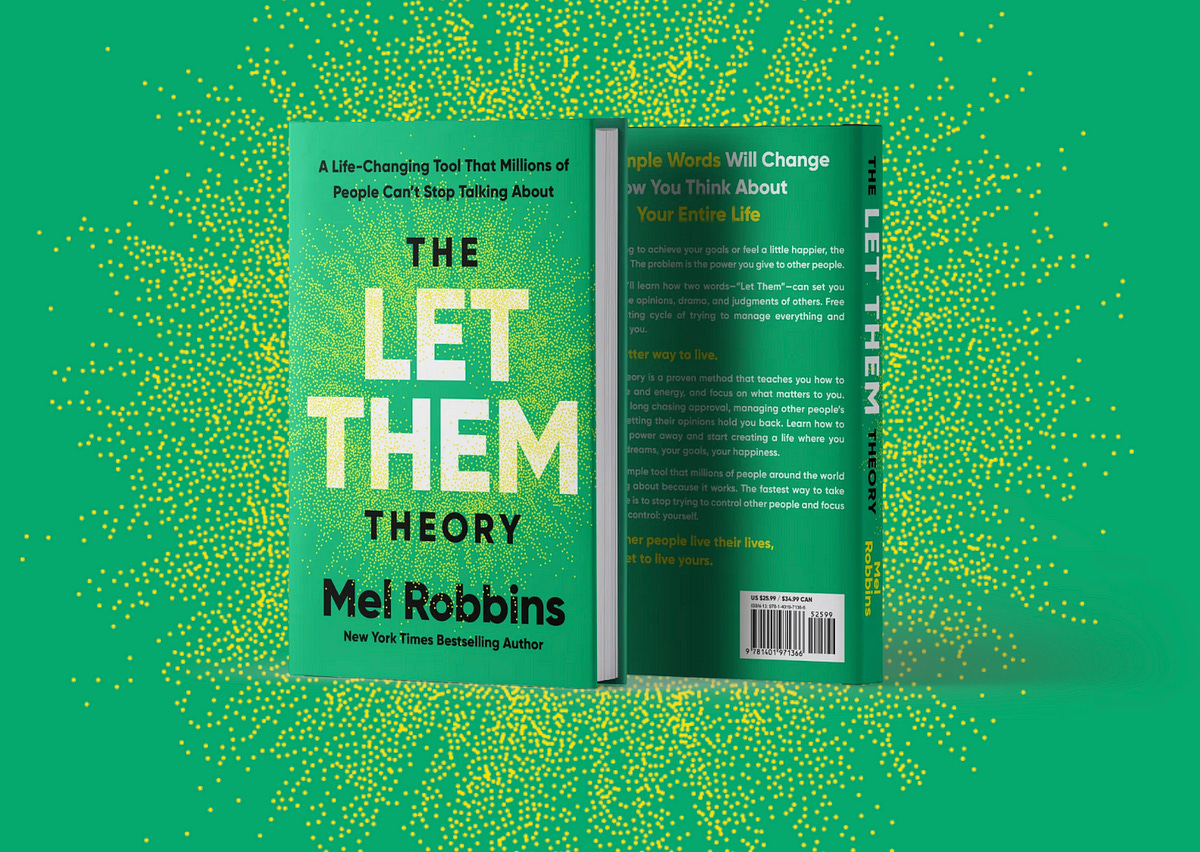Don't listen to Mel Robbins
And Dostoyevsky knows about incels (an April Reading Journal)
It’s that time of the month again - reading journal.
Yes, I read some thicc bois this month, and enjoyed them. It meant I read less, but enjoyed more. So win?
Crime and Punishment by Fyodor Dostoevsky
Reading this while watching Netflix’s Adolescence in parallel was startling. Dostoevsky’s 150-year-ish novel is a story about a young man who has dropped out of uni. He is the apple of his mother’s eye, but he’s become swept up in notions that he’s superior to other people, and kills two women in cold blood. I had picked up some notes that the book's second half is the ensuing court case. This never happens. We stay instead with the protagonists’ growing sense of dread, guilt and his broken psyche. It is astonishing how much Dostoevsky gets right about the psychology of broken young men, years before contemporary psychology started understanding links between thoughts and behaviour.
I highly recommend the Oliver Ready translation - available through Penguin.
The Grace of Kings by Ken Liu
Beautifully written with breathless pace, The Grace of Kings is the debut fantasy novel (and first in a series) for Liu. Liu draws upon Eastern mythology and history for this very readable mix of Game of Thrones and Chinese history. Liu’s imagination is vast, and the warring kingdoms have clear histories and agendas. The novel isn’t huge on character. Liu is more interested in plot, and entire battles and deaths are played out with the breathless reportage of a history book. It’s great fun.
Juice by Tim Winton
I’m a Tim Winton lover, but I am still uncertain about this epic, his first novel in years. In a dystopian future, Australia has been thoroughly ravaged by climate change. The strongest parts of the novel are when we see Winton has thoroughly thought through the consequences of climate change on Australia. It’s terrifying in its reality. He is poking at an enormous moral fault line in the book’s violent premise: a young man is brought under the wing of a clandestine group of eco-terrorists who execute the descendants of those who deliberately wounded the climate. Think the wealthy descendants of oil merchants, or those who cut down forests, or hoarded wealth for the apocalypse. The novel loses steam when it goes full Mad Max mode, but the ideas are interesting, and its told in impeccable prose.
The Let Them Theory by Mel Robbins
Curious that this book has cemented itself into a long-term best-seller, I began reading it. I regret doing so and can only urge you to steer clear. Firstly, Robbin’s opaque descriptions of the origins of the ‘theory’ is currently at the crux of a lawsuit. All evidence points to Robbins committing egregious plagiarism (something which she’s been accused of before). The theory itself is a variation on ‘don’t mind what other people think’ and ‘control what you can control’. The long chapters are 80% salesmanship and 20% ill-conceived claims of how the theory can solve all problems ever.
As is evidenced in the sales, Robbins is nothing more than a saleswoman: the latest in a long trend of pseudo experts in the self-help field who end up doing more damage then good, injuring the more rigorous work done by therapists and mental health professionals.
Building a non-anxious life by Dr. John Delony
A practising psychologist, I came across Delony via Dave Ramsay - a figure I’ll do a deep dive on in an upcoming post. Delony is clear and reasonable in his approach - this is an excellent introduction to a holistic approach to anxiety, ideal for anyone who is therapy-phobic, or reliant on medications that aren’t working. Simple, straightforward and backed by science.
What did you read this month? Let me know below.






The books I ticked off this past month:
- Orpheus Nine by Chris Flynn
- Hunchback by Saou Ichikawa
- One Piece Vols 3 & 4
...and my wife and I are gradually making our through the audio book for A Little Life by Hanya Yanagihara.